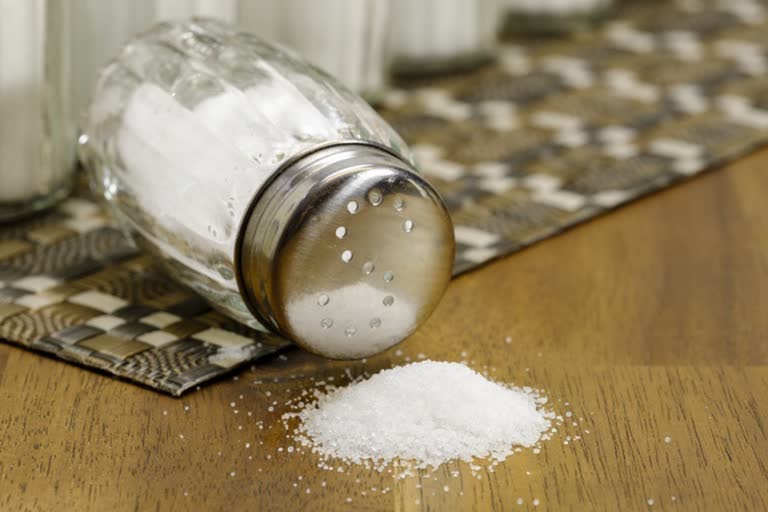Hyderabad: Sodium is an essential nutrient that increases the risk of heart disease, stroke and premature death if eaten in excess. The main source of sodium is table salt (sodium chloride), which is also contained in other condiments such as sodium glutamate. WHO's 'Global report on sodium intake reduction' states that only 3 per cent of the world’s population is protected by mandatory sodium reduction policies, and 73 per cent of WHO Member States lack a full range of implementation of similar policies.
Implementation of highly cost-effective sodium reduction policies can save an estimated 7 million lives globally by the year 2030. This is an important component effort towards achieving the Sustainable Development Goal target of reducing deaths from noncommunicable diseases. But currently, only nine countries have a comprehensive package of recommended policies to reduce sodium intake. These countries include Brazil, Chile, Czech Republic, Lithuania, Malaysia, Mexico, Saudi Arabia, Spain and Uruguay.
Also read: BMI affects long-term outcomes of 'partial' knee arthroplasty: Study
According to WHO Director-General, Dr Tedros Adhanom Ghebreyesus, Unhealthy diets are a leading cause of death and disease globally, and excessive sodium intake is one of the main culprits. This report shows that most countries are yet to adopt any mandatory sodium reduction policies, leaving their people at risk of heart attack, stroke, and other health problems. A comprehensive approach towards sodium reduction includes adopting mandatory policies and WHO’s four “best buy” interventions related to sodium, which greatly contribute to preventing non-communicable diseases, which include:
- Reformulating foods to contain less salt and setting targets for the amount of sodium in foods and meals.
- Establishing public food procurement policies to limit salt or sodium-rich foods in public institutions such as hospitals, schools, workplaces and nursing homes.
- Front-of-package labelling helps consumers select products lower in sodium.
- Behaviour change communication and mass media campaigns to reduce salt/sodium consumption.
WHO encourages countries to establish sodium content targets for processed foods, in line with the 'WHO Global Sodium Benchmarks' and enforce them through these policies. The mandatory sodium reduction policies are more effective, as they achieve broader coverage and safeguard against commercial interests while providing a level playing field for food manufacturers. A Sodium country scorecard for Member States based on the type and number of sodium reduction policies has been developed by the WHO.
Apparently, the global average salt intake is 10.8 grams per day, which is more than double the WHO recommendation of fewer than 5 grams (a teaspoon) of salt per day. Consuming too much salt is the top risk factor for diet and nutrition-related deaths. Pieces of evidence linking high sodium intake and increased risk of other health conditions such as gastric cancer, obesity, osteoporosis and kidney disease, have emerged recently.
WHO has made a call to action for all Member States in implementing sodium intake reduction policies without any delay, and to mitigate the harmful effects of excessive salt consumption. WHO has also called on food manufacturers to set ambitious sodium reduction targets in their products.




